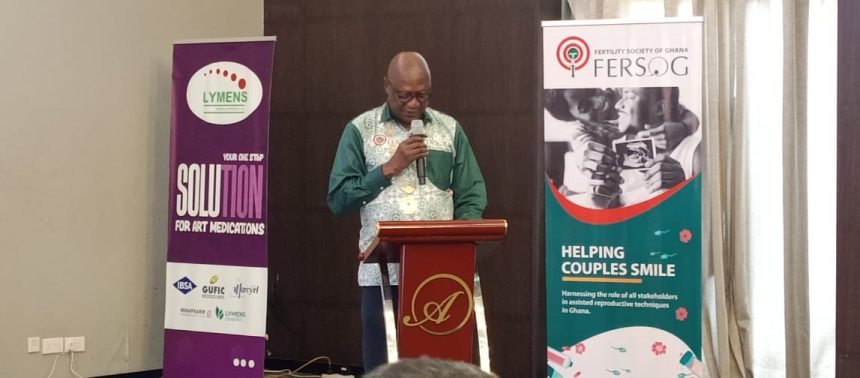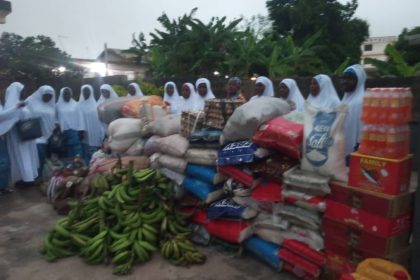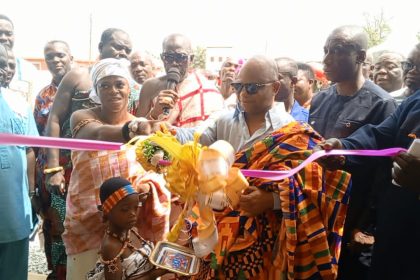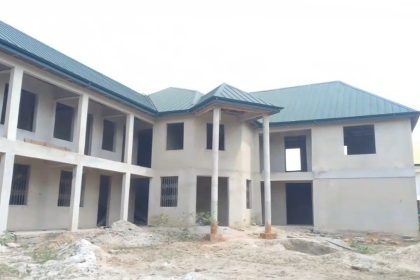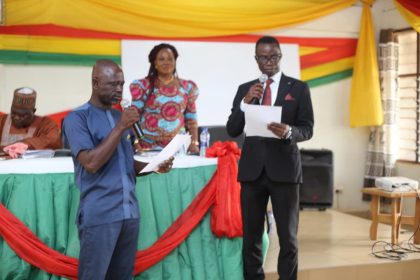The Fertility Society of Ghana (FERSOG) has held its 2025 annual general meeting (AGM) and scientific conference, calling on Ghana to recognise infertility as a disease just as the World Health Organisation has declared.
The three-day conference was held on the theme: “Reducing the Burden of Infertility in Ghana: Prevention, Fertility, Awareness and Preservation.”
Dr Rudolph K. Adageba, the President of FERSOG, in welcoming members, said the WHO currently defines infertility as a disease and a major disability, stressing, “As a country we must see it as such just as we see other diseases.”
Dr Adageba noted that currently, couples undergoing medical interventions for their infertility were not covered by the National Health Insurance Scheme (NHIS) and therefore have to pay for everything.
He explained that services such as consultation, hormone profile, and in vitro fertilisation (IVF) assistance could be included in the NHIS, stressing that “any service related to infertility is paid fully by the patients; this is injustice.”
He said FERSOG would engage the National Health Insurance Authority (NHIA) to come up with realistic fees for such services, adding that they would have a position paper on the issue, which would be submitted to the NHIA and other stakeholders for immediate action.
He emphasised that “it is unfair, and the government must take measures to address the discrimination against the large number of Ghanaians undergoing fertility treatment.”
Touching on the introduction of IVF Assisted Reproductive Technology (ART) in the country, he said Tema was the birthplace of IVF in Ghana, adding that FERSOG posthumously honoured the pioneer of IVF in Ghana, Dr Joe Mainoo, for bringing the technology to the country under very difficult circumstances at the time.
He said a plaque was unveiled in Dr Mainoo’s honour at Pro Vita in Tema, where the first IVF baby was delivered in Ghana 30 years ago in October 1995.
He described the IVF pioneer in Ghana as having extraordinary strength, vision and courage to do so three decades ago, disclosing that “even today those of us in this field of medical practice are still aware of the enormous challenges existing in the setup and running of a successful IVF centre in Ghana. You can imagine the enormous challenges it must have taken Dr Joe Mainoo to start his practice.”
Dr Mark Kurt Nawaane, the Chairman of the Parliamentary Select Committee on Health, said 15 to 20 percent of all couples desirous of having children were infertile, stressing that infertility was approaching an epidemic status.
Dr Nawaane said a lot of Ghanaians could not afford fertility services, and “when you say you are undergoing it, people then think you are rich.”
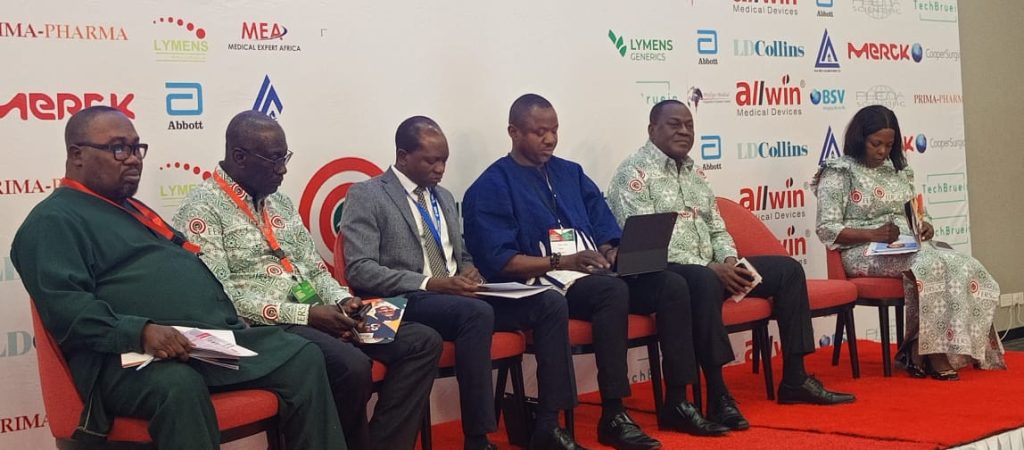
Madam Seyram Alhassan, the former Member of Parliament for Ayawaso West Wuogon, stated that conversations on infertility should not only be at the point of crisis but rather with education.
She said there was the need to shift national conversation on infertility from reaction to action and from stigma to science interventions.
Other speakers suggested the need to make fertility services accessible to all persons, and also for regulations to cover ART services in the country, as Ghana had become a hub for infertility treatment centres.
GNA


